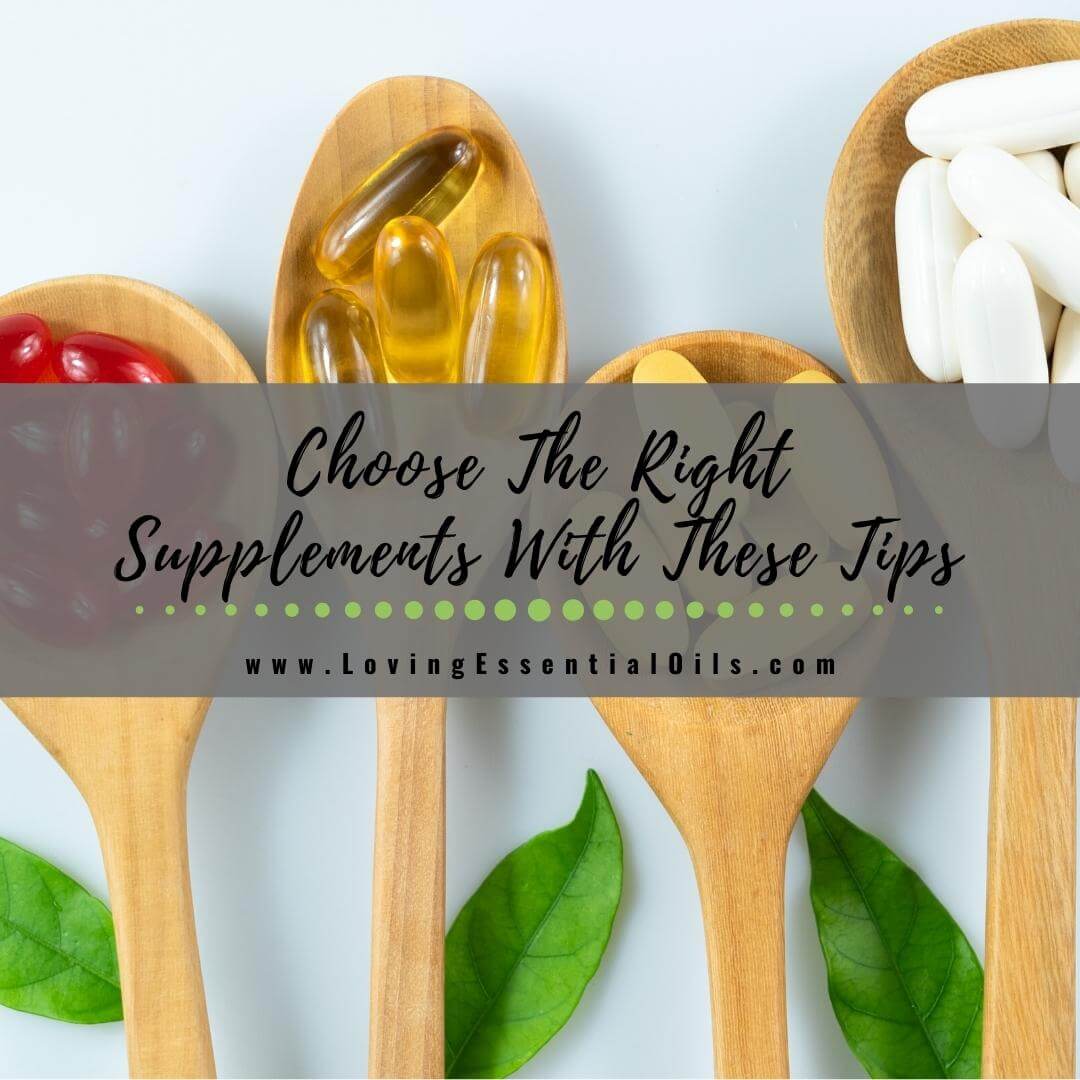If you're like most people, you probably don't eat a perfect diet every day. And that's okay! Even the healthiest eaters sometimes need a little help getting all the nutrients their bodies need. That's where supplements come in.
But with so many options on the market, it can be tough to know which ones are right for you. In this blog post, we will discuss some tips for choosing the right supplements for your needs.
Choose The Right Supplements With These Useful Tips
1. Define your needs
Before you start shopping for supplements, it is important to take a step back and assess your needs. Why do you want to take supplements? Are you looking to improve your overall health, or are you trying to address a specific health concern? Once you have a good understanding of why you want to take supplements, you can start narrowing down your options.
If you are generally healthy and just looking for a way to improve your overall health, some basic supplements can help and a multivitamin is a good place to start, as it can help fill in any nutritional gaps in your diet.
If you want something to help with cholesterol and nerve pain Designs for Health Acetyl L-Carnitine can help you with that. If you're interested in boosting your energy levels or supporting your immune system, there are specific supplements for those needs as well.
2. Consider your budget
When it comes to supplements, you often get what you pay for. That being said, you don't need to break the bank to find quality products. Many reputable brands offer affordable options.
Do some research and compare prices before making a purchase. It's also important to remember that you may not need to take as much of a supplement as the bottle suggests. For example, if you're taking a vitamin D supplement, you only need a small amount each day (just a few drops or capsules).
If cost is a major concern for you, talk to your doctor or registered dietitian about which supplements they recommend and where you can find affordable options. They may be able to suggest some less expensive brands or offer samples of products they have in their office.
3. Read the label
When you're looking at supplements, it's important to read the label carefully. The label will tell you everything you need to know about the product, including what it is made of and how much of each ingredient is in each serving. It will also list any potential side effects or warnings.
Pay close attention to the serving size and make sure you are taking the recommended amount. Also, be aware that some supplements can interact with medications you may be taking, so it's always a good idea to check with your doctor before starting any new supplement regimen.
Also, keep in mind that supplements are not regulated by the FDA, so there is no guarantee that they are safe or effective.
4. Talk to your doctor
If you have any questions about taking supplements, be sure to talk to your doctor. They can help you assess your needs and make recommendations based on your health history and current medications.
Registered dietitians are also a great resource for information on vitamins, minerals, and other nutrients. They can often suggest specific brands or products that they trust. Your doctor or dietitian can also help you figure out how to get the nutrients you need from food first, and then use supplements to fill any remaining gaps.
When it comes to your health, it's always best to get the majority of the nutrients you need from food. But in some cases, supplements can be helpful.
5. Start with a small dose
When you're trying a new supplement, it's always best to start with a small dose and see how your body reacts. Some people may experience side effects from certain supplements, so it's important to be aware of any potential reactions before taking a large amount.
If you do experience any side effects, stop taking the supplement and talk to your doctor.
They can help you determine if the supplement is right for you and make sure you are taking the proper dosage. The dosage can vary depending on the supplement, so be sure to read the label carefully.
Conclusion of Choose The Right Supplements
Supplements can be a great way to improve your health and fill in any nutritional gaps in your diet. However, it's important to do your research and talk to your doctor before starting any new supplement regimen. With a little bit of planning, you can make sure you are taking the right supplements for your needs. Do you take any supplements? What are your favorite brands? Share your thoughts in the comments below! Thanks for reading!
Share on Pinterest















